|
You are beautiful
Let the king be enthralled by your beauty; honour him, for he is your lord. Psalm 45:11 You are unique For you created my inmost being; you knit me together in my mother’s womb. Psalm 139:3 You are loved I have loved you with an everlasting love; I have drawn you with unfailing kindness Jeremiah 31:3 You are special For we are God’s handiwork, created in Christ Jesus to do good works, which God prepared in advance for us to do. Ephesians 2:10 You are created for a purpose For I know the plans I have for you,” declares the Lord, “plans to prosper you and not to harm you, plans to give you hope and a future. Jeremiah 29:11 You are cared for And I pray that you, being rooted and established in love, may have power, together with all the Lord’s holy people, to grasp how wide and long and high and deep is the love of Christ, and to know this love that surpasses knowledge—that you may be filled to the measure of all the fullness of God. Ephesians 3:17-19 You are important But you are a chosen people, a royal priesthood, a holy nation, God’s special possession, that you may declare the praises of him who called you out of darkness into his wonderful light. 1 Peter 2:9 You are forgiven as far as the east is from the west, so far has he removed our transgressions from us. Psalm 103:12 You are protected He will not let your foot slip-- he who watches over you will not slumber Psalm 121:3 You are empowered I can do all this through him who gives me strength. Philippians 4:13 You are family Consequently, you are no longer foreigners and strangers, but fellow citizens with God’s people and also members of his household Ephesians 2:19 YOU ARE MINE But now, this is what the Lord says-- he who created you, Jacob, he who formed you, Israel: “Do not fear, for I have redeemed you; I have summoned you by name; you are mine." Isaiah 43:1
0 Comments
The Parable of the Weeds Matthew 13:24-30 (36-43) 24 Jesus told them another parable: “The kingdom of heaven is like a man who sowed good seed in his field. 25 But while everyone was sleeping, his enemy came and sowed weeds among the wheat, and went away. 26 When the wheat sprouted and formed heads, then the weeds also appeared. 27 “The owner’s servants came to him and said, ‘Sir, didn’t you sow good seed in your field? Where then did the weeds come from?’ 28 “‘An enemy did this,’ he replied. “The servants asked him, ‘Do you want us to go and pull them up?’ 29 “‘No,’ he answered, ‘because while you are pulling the weeds, you may uproot the wheat with them. 30 Let both grow together until the harvest. At that time I will tell the harvesters: First collect the weeds and tie them in bundles to be burned; then gather the wheat and bring it into my barn.’” (36 Then he left the crowd and went into the house. His disciples came to him and said, “Explain to us the parable of the weeds in the field.” 37 He answered, “The one who sowed the good seed is the Son of Man. 38 The field is the world, and the good seed stands for the people of the kingdom. The weeds are the people of the evil one, 39 and the enemy who sows them is the devil. The harvest is the end of the age, and the harvesters are angels. 40 “As the weeds are pulled up and burned in the fire, so it will be at the end of the age. 41 The Son of Man will send out his angels, and they will weed out of his kingdom everything that causes sin and all who do evil. 42 They will throw them into the blazing furnace, where there will be weeping and gnashing of teeth. 43 Then the righteous will shine like the sun in the kingdom of their Father. Whoever has ears, let them hear.) (NIV) When you think of Harvest, what words come to mind? Thanksgiving, provision, reaping what you sow, gleaning, tithing. Today's passage is only in the Gospel of Matthew, but a similar text appears in the Gospel of Thomas written around 150-200 AD. The reading very much reminds us God has sown good seeds, but it is the enemy that has sown weeds. I want us to think of the field as being our hearts. When we are born, God gives us good seeds; our hearts are full. Traits, such as racism and discrimination, will be taught by society.
This idea reminds me of a story about an old Cherokee: One evening, an old Cherokee told his grandson about a battle that goes on inside people. “My son, the battle is between two wolves inside us all. One is Evil. It is anger, envy, jealousy, sorrow, regret, greed, arrogance, self-pity, guilt, resentment, inferiority, lies, false pride, superiority, and ego. The other is good. It is joy, peace, love, hope, serenity, humility, kindness, benevolence, empathy, generosity, truth, compassion, and faith.” The grandson thought about it for a minute then asked: “Which wolf wins?” Very quietly, the old Cherokee simply replied: “The one you feed.” I think this is a wonderful story and is absolutely true. What we read and what we see, who we are with, everything we do, feeds us. It feeds the good but can also feed the bad parts of our heart. So, we need to reflect upon how we look after ourselves, how we form our prejudices and think about what things we need to change to make sure the bad seeds do not get nourished, but the good seed is fed. It seems to me the whole reason of God dwelling among us, creating the human race, giving us free will, was so that we could voluntarily choose love. In the decisions we make, we bring to the fore our experiences, our wisdom and our heart - both the good and the bad. So, if we remember that God wants us to choose love and to form a relationship with God, then let us remember that every decision we make should also be based on love. Madam C.J. Walker was the first female self-made millionaire in America; she was also the first black female millionaire. Despite racism being rife in the country, Madam C.J. built an empire from nothing, developing a line of hair and beauty products for black women. She is also remembered for being a civil rights activist
Born on 23rd December 1867 in Louisiana to Owen and Minerva Breedlove, Madam C.J. was originally known as Sarah. She had one sister and four brothers, the elder of whom were born into slavery. Sarah was the first Breedlove child to be born into freedom after the Emancipation Proclamation was signed in 1862. Sadly, her mother passed away from cholera in 1872 and her father died the following year. From the age of ten, Sarah was brought up in Mississippi by her much older sister Louvenia and her brother-in-law, Jesse Powell. Around the same time, Sarah began working as a domestic servant. As an orphan, she had no time or money to go to school and the only education she received was at Sunday school before the death of her parents. Sarah had a rough time living with Louvenia. Jesse was an abusive man and Sarah took the first opportunity to escape from the household: getting married. Sarah was only 14 years old when she married Moses McWilliams in 1882. Three years later, Sarah gave birth to a daughter, A’Lelia (1885-1931), but in 1887, their lives were shattered by the death of Moses. To earn money, Sarah moved to St Louis, Missouri where her brothers lived to work as a laundress. She was determined to earn enough money to send her daughter to school, which was a difficult task earning less than $1 a day. Sarah also wanted to live an educated life and was jealous of the educated women at the African Methodist Episcopal Church she attended. In 1894, Sarah married John Davis, but their marriage was not a happy one and she left him in 1903. Meanwhile, Sarah was battling with severe dandruff, leading to baldness, which was a common problem for black women at the time. Hair products were made for white-skinned customers and were unsuitable for African-Americans. Sarah knew a little about haircare from her brothers who were barbers, but she was determined to do something about the quality of products available for black women. In 1904, she became an agent for Annie Malone (1877-1957), a black inventor and businesswoman who specialised in cosmetics. Using the knowledge she gained working for Malone, Sarah began to develop her own products, meanwhile, she continued to work for Malone in Denver, Colorado where she had moved in 1905. When Malone found out about Sarah’s products, she accused her of stealing the formula, despite it having been around for centuries. From then on, Sarah and Malone were rivals. In 1906, Sarah married a newspaper advertising salesman, Charles Joseph Walker (d.1926), and took on his name. Soon she was known as Madam C.J. Walker, a name which she marketed her products under. To begin with, Sarah sold her products door-to-door whilst her husband began to arrange advertising and promotion. When business improved, A'Lelia became involved with the business, setting up a mail-order operation in their home. Charles and Sarah travelled to the southern states to promote the business, eventually moving to Pittsburgh, Pennsylvania, to set up a beauty parlour and training college. A’Lelia joined Madam C.J. in Pittsburgh in 1907 and persuaded her mother to open a beauty salon and office in New York. In 1910, Madam C.J. relocated to Indianapolis where she established the headquarters for the Madam C. J. Walker Manufacturing Company and began hiring staff to help with the management. Despite competition, Madam C.J.’s products were popular because they helped hair to regrow and prevented them from becoming brittle. Between 1911 and 1919, she employed thousands of women and trained over 20,000 people. Unfortunately, Charles and Sarah divorced in 1912, meaning she lost her business partner. As well as training her staff in haircare, she taught black women how to build their own business and become financially independent. In 1917, she established the National Beauty Culturists and Benevolent Association of Madam C. J. Walker Agents, which welcomed 200 people to its first annual conference. This was also the first-ever conference for businesswomen in the USA. "I am a woman who came from the cotton fields of the South. From there, I was promoted to the washtub. From there, I was promoted to the cook kitchen. And from there, I promoted myself into the business of manufacturing hair goods and preparations. I have built my own factory on my own ground." This is what Madam C.J. told the National Negro Business League (NNBL) when she spoke at one of their meetings in 1912. As well as concentrating on her business, Madam C.J. involved herself in many good causes, wishing to put her well-earned money to good use. Madam C.J. helped to raise funds for the YMCA and donated money to various churches and schools. She also became a patron of the arts and became friends with notable people, such as the author, Booker T. Washington (1856-1915), and civil rights activist, W.E.B. Du Bois (1868-1963). In 1917, she joined the National Association for the Advancement of Colored People (NAACP) and the following year the National Association of Colored Women's Clubs (NACWC), making sizable monetary donations to both. Around this time, Madam C.J. began to suffer from kidney failure and hypertension, passing away on 25th May 1919 at the age of 51. At her death, she was estimated to be worth almost one million dollars, making her the wealthiest African-American woman in the country. Her daughter took over the company as its president, which continued to operate until 1981. Madam C.J. Walker has been honoured several times since her death, including in recent years. Her company’s building in Indianapolis has been designated a National Historic Landmark, which now houses the Madam Walker Legacy Centre. In 2006, American actress and playwright Regina Taylor wrote The Dreams of Sarah Breedlove about Madam C.J.’s journey from rags to riches. Her most recent honour occurred in 2016 when the French beauty company Sephora launched a line of hair products called "Madam C. J. Walker Beauty Culture", which are suitable for many different hair types. Not only did Madam C.J. Walker create a successful business at a time when black people were struggling for equality, but she also improved the lives of thousands of others. Thanks to her, black women were able to start their own business thus helping them to escape from poverty and oppression. Madam C.J. was also a huge inspiration for future hair care and cosmetic businesses and will continue to be looked up to in years to come. The Three Annual Festivals Exodus 23:14-19 14 “Three times a year you are to celebrate a festival to me. 15 “Celebrate the Festival of Unleavened Bread; for seven days eat bread made without yeast, as I commanded you. Do this at the appointed time in the month of Aviv, for in that month you came out of Egypt. “No one is to appear before me empty-handed. 16 “Celebrate the Festival of Harvest with the firstfruits of the crops you sow in your field. “Celebrate the Festival of Ingathering at the end of the year, when you gather in your crops from the field. 17 “Three times a year all the men are to appear before the Sovereign Lord. 18 “Do not offer the blood of a sacrifice to me along with anything containing yeast. “The fat of my festival offerings must not be kept until morning. 19 “Bring the best of the firstfruits of your soil to the house of the Lord your God." (NIV) This reading takes us to the very heart of why we have three festivals commanded by God. I thought we would use these to form a reflection. Harvest is a time of, not only thanking God for provisions, for the gathering in safely of the crops but also considering what we sow and what we reap. Let us firstly look at the Festival of Unleavened Bread. This bread is made without yeast because, at the Exodus, the Israelites had no time to prepare proper bread. Let us take a few moments to think about what we should get rid of in our lives; what can we do without; what bad habits have we got; what do we do that separates us from God?
The second reflection is upon the Festival of First Fruits. It traditionally takes place 50 days after Pentecost. What do we prioritise when it comes to God? What firstfruits do we offer? Do we give God our very best or just the best of what is left over? Let us reflect for a few moments about how we prioritise God in our lives and what firstfruits do we offer God? Our third festival is the Festival of Tabernacles or Booths: the festival of in-gathering at the end of the harvest. Now let us reflect upon offering God praises, thanks and gratitude. We think of the countless blessings we have. In our attitude of gratitude, let us offer to God all the things to which we give thanks. How many times does the phrase "fear of the Lord" appear in the Book of Proverbs? Answer: 11 To fear the Lord is to hate evil;
I hate pride and arrogance, evil behavior and perverse speech. Proverbs 8:13 The fear of the Lord is the beginning of wisdom, and knowledge of the Holy One is understanding. Proverbs 9:10 The fear of the Lord adds length to life, but the years of the wicked are cut short. Proverbs 10:27 In the fear of the Lord there is strong confidence, and for their children it will be a refuge. Proverbs 14:26 The fear of the Lord is a fountain of life, turning a person from the snares of death. Proverbs 14:27 Better a little with the fear of the Lord than great wealth with turmoil. Proverbs 15:16 Wisdom’s instruction is to fear the Lord, and humility comes before honour. Proverbs 15:33 Through love and faithfulness sin is atoned for; through the fear of the Lord evil is avoided. Proverbs 16:6 The fear of the Lord leads to life; then one rests content, untouched by trouble. Proverbs 23:17 Humility is the fear of the Lord; its wages are riches and honour and life. Proverbs 22:4 Do not let your heart envy sinners, but always be zealous for the fear of the Lord. Proverbs 23:17 Revelation 1:3
Blessed is the one who reads aloud the words of this prophecy, and blessed are those who hear it and take to heart what is written in it, because the time is near. Revelation 14:13 Then I heard a voice from heaven say, “Write this: Blessed are the dead who die in the Lord from now on.” “Yes,” says the Spirit, “they will rest from their labor, for their deeds will follow them.” Revelation 16:15 Blessed is the one who stays awake and remains clothed, so as not to go naked and be shamefully exposed. Revelation 19:9 Then the angel said to me, “Write this: Blessed are those who are invited to the wedding supper of the Lamb!” And he added, “These are the true words of God.” Revelation 20:6 Blessed and holy are those who share in the first resurrection. The second death has no power over them, but they will be priests of God and of Christ and will reign with him for a thousand years. Revelation 22:7 Blessed is the one who keeps the words of the prophecy written in this scroll. Revelation 22:14 Blessed are those who wash their robes, that they may have the right to the tree of life and may go through the gates into the city.
“My name is Henrietta S. Robertson. That’s my English name… My Chinese name is Ming-Mei.”
As the child of members of the Interior Alliance Mission, Henrietta has grown up between two cultures: English and Chinese. From the age of six she was sent to boarding school on a mountain in the Jiangxi Province, where four years later she remains as a small, pale, lonely girl. For a girl as young as ten, Etta has a big imagination. She decides that God has called her to be a prophetess, and encourages the other girls in Dormitory A to join her in a Prophetess Club. This results is Etta getting into all sorts of trouble as she naively goes about inventing prophecies; all the while the Second Sino-Japanese War gets closer and closer to their mountain sanctuary. Told mostly from Etta’s point of view, In a Land of Paper Gods is a hilarious historical novel about a young girl’s innocence. A large part of the story is about the missionary school rather than the ongoing war, therefore the focus is on Etta’s interpretation of the bible and her understanding of the differences between Western Christian and Chinese culture. However, once America joins the war effort, it is shockingly quick how the tale can go from humorous to heartbreaking. The other character who plays a large part in this novel is Muriel, a dorm aunty, whom Etta regards highly. Muriel wanted to be a missionary but instead has found herself working at the Lushan school, keeping an eye on the ten and eleven year old girls. Although most of the book is written in Etta’s first person narrative, Rebecca Mackenzie has also included the occasional diary entry from Aunty Muriel. Since these are so few, it is not clear what their purpose is, as the story could easily continue without them. Despite being an historical novel, In a Land of Paper Gods focuses less on fact and more on the impact the times had on a young girl. It is interesting to see the character development of Etta as she goes from a naughty, attention-seeking schoolgirl, to a young woman who must fend for herself. All the while she has her belief in God to resort to for explanations about the world she is living in. The reader also witnesses the growth of a relationship between Aunty Muriel and Etta. To begin with it is that of an adult and child, however it ends with them being equals in their suffering. In a Land of Paper Gods is a pleasure to read. It is comically entertaining to begin with as the reader grows to love the characters, particularly mischievous Etta. It is hard to put the book down due to pure delight of the storyline, yet when the story turns darker it is just as difficult to put down, as we want to find out if the characters are going to be okay. For some people, the Christian content will not mean anything, however it is possible to enjoy the novel without a religious background. For those, like myself, who do have a Christian upbringing, this aspect makes the story even better. Readers may recognize themselves or of their childhood in Etta, particularly her understanding of the bible. Overall I loved this book. I was not sure what to expect, and have often found historical novels set in China to be rather dull. Therefore I was pleasantly surprised to discover how good this book was. I encourage others to read In a Land of Paper Gods, and I look forward to reading what Mackenzie writes next. Maya Angelou was one of the most influential black poets of the 20th and early 21st century, writing on themes of racism, identity, family and travel. She was also a civil rights activist and worked with both Martin Luther King Junior and Malcolm X. She was showered with awards and over 50 honorary degrees, however, her life was not always plain sailing.
Born Marguerite Annie Johnson on 4th April 1928 in Missouri to Bailey and Vivian Johnson, Maya was given her nickname from her older brother, Bailey Jr. Unfortunately, her parents’ marriage was not a happy one and they separated when she was three years old. Rather than take responsibility for his children, her father sent them to Arkansas to live with their grandmother, Annie Henderson. They remained there until Maya was seven when they moved home to live with their mother. Sadly, living with their mother also meant living with their mother’s abusive boyfriend who raped Maya when she was only eight years old. The man was arrested and locked up for one day but was murdered four days later, most likely by Maya’s uncles. The abuse greatly affected Maya who became mute for five years, even after moving back in with her grandmother. Fortunately, her school teacher helped Maya to regain her voice whilst also feeding her passion for reading, introducing the young girl to authors who would influence her future career. When Maya was 14, she rejoined her mother, who was then living in California. At the age of 16, she became the first black female cable car conductor in San Francisco, where she worked whilst also attending school. Unfortunately, she got herself in trouble and, no more than three weeks after graduation, gave first to a baby boy, Clyde. In 1951, Maya married a Greek electrician called Tosh Angelos, despite her mother’s disapproval. At that time, interracial marriages were unusual. Maya began taking dance lessons and dreamt of a career in a dance team. In an attempt to increase her prospects, Maya, Tosh and Clyde moved to New York for a year where she studied African dance. For reasons unknown, in 1954, not long after returning to San Francisco, Maya’s marriage ended. Having to fend for herself financially, Maya began dancing in local clubs, such as The Purple Onion, under her professional name, Maya Angelou. In 1954-5, she toured Europe by acting in the opera Porgy and Bess and, in 1957, wrote and recorded an album called Miss Calypso. In every country she visited, Maya made a point of learning the language, quickly becoming proficiently multilingual. In 1959, African-American author John Oliver Killens encouraged Maya to focus more on writing songs and poems rather than solely performing. She joined the Harlem Writers Guild and soon became a published author. The following year, she met Martin Luther King Jr and was inspired to organise a concert for the Southern Christian Leadership Conference (SCLC) called Cabaret for Freedom. Maya had a brief relationship with South African freedom fighter Vusumzi Make and moved with him to Cairo in 1961 along with her son who had renamed himself Guy. The relationship only lasted a year, after which Maya moved to Ghana where her son enrolled at university. While Guy was studying, Maya worked as a freelance writer for The African Review and Radio Ghana. Whilst living in Ghana, Maya met Malcolm X who was touring Africa. He encouraged her to return to the USA in 1965 and help him set up the Organization of Afro-American Unity. Shortly after, Malcolm X was assassinated and Maya, at a loss, moved to Hawaii where her brother lived and refocused on her singing career. Not long after, she returned to Los Angeles to resume her writing career. In 1968, Martin Luther King Jr approached Maya for help in organising a march. Tragically, in a similar fate to Malcolm X, King was then assassinated on what was Maya’s 40th birthday. After a bout of depression, Maya resumed writing and published her first autobiography, I Know Why the Caged Bird Sings. Initially, the publishers were unsure whether to publish the book but it went on to become a bestseller, earning Maya international recognition. In 1972, Maya became the first black woman to write a screenplay, which was filmed in Sweden and released under the name Georgia, Georgia. She also wrote the soundtrack for the film. The following year, she married the Welsh carpenter Paul du Feu who had once been married to the radical feminist, Germaine Greer. For the next decade, Maya continued to write articles, screenplays, poems and books and also became close friends with Oprah Winfrey. Unfortunately, her second marriage ended in divorce in 1981. Returning to the southern states, Maya accepted the lifetime Reynolds Professorship of American Studies at Wake Forest University in North Carolina, becoming one of the first black women to be a full-time professor. She taught on a variety of themes that interested her, including philosophy, ethics, writing and theatre, but also continued to write. In 1993, Maya Angelou recited one of her poems at the inauguration of Bill Clinton - the first poet to do so since John F. Kennedy’s inauguration. This televised event increased her fame across the world and earned her a Grammy Award. In 1996, she finally achieved her goal of directing a film (Down in the Delta) and, by 2002, she had published her 6th autobiography. Hillary Clinton, during her campaign for the Democratic Party 2008 presidential primaries, used Maya Angelou’s endorsement on her advertisements. After Obama won the primary, Maya gave him her full support. When Obama became the first African-American president, Maya was quoted saying, "We are growing up beyond the idiocies of racism and sexism." Maya published her 7th and final autobiography in 2013 called Mom & Me & Mom, focusing on her relationship with her mother. The following year, on 28th May 2014, passed away after her health deteriorated. Despite cancelling a few events, Maya Angelou was working and attending events right up until her death. Tributes flooded in as soon as the news was made public and her first biography instantly became the number one bestseller on Amazon. A public funeral was held at Mount Zion Baptist Church in Winston-Salem, North Carolina, where she had been a member for 30 years. As well as the Grammy Award for her poetry recital at Clinton’s inauguration, Maya Angelou received several awards, including a Pulitzer Prize, Tony Award, two more Grammys, the Presidential Medal of Freedom and over 50 honorary degrees. Although these were awarded for her talents, they are also a sign that she overcame her past, the abuse and did not let racial inequalities stand in the way of her success. Founder of the Universal Negro Improvement Association and African Communities League, Marcus Garvey was a Jamaican political activist leader who influenced Rastafarians, the Nation of Islam and other activists, such as Malcolm X. Although often controversial, his ideas and dreams about the unification and empowerment of African-American people have become known as Garveyism.
Marcus Mosiah Garvey Jr. was born on 17th August 1887 in the Colony of Jamaica. Although it was largely an ethnic country, there was a colourist social hierarchy and Garvey’s family, with their very dark skin, were at the lowest end. Garvey’s grandparents had been born into slavery and had taken on their Irish owner’s surname. Garvey’s parents, however, were considered well-off amongst the peasant community. His father, Malchus Garvey, was a stonemason and his mother, Sarah Richards, was a domestic servant. As well as a stonemason, Malchus Garvey was a layman at the local Wesleyan Church and so it was only natural that Marcus attended the church school. At 14, Garvey left school due to lack of funds and was apprenticed to his godfather who ran a printing business. Until then, Garvey had not fully felt the effects of racism. He had friends with various skin tones, including a white girl and he never thought his race would be a problem. In 1905, Garvey moved to Kingston to work at P.A. Benjamin Manufacturing Company where he became the first Afro-Jamaican foreman. He was able to provide for his mother and sister who had moved in with him after leaving his father. Sadly, an earthquake struck in 1907, destroying his home. The family were forced to sleep out in the open for several months and his mother died the following year. Whilst living in Kingston, Garvey converted to Catholicism. He also started to voice his opinions, which led to him being sacked from the manufacturing company. By this point, he was very angry with the inequalities in Jamaican society. After getting a job as the first secretary of Jamaica's first nationalist organization, the National Club, Garvey enrolled in elocution lessons with Bahamian-born clergyman Dr Robert Love (1831-1914) and began entering public speaking competitions. Between 1910 and 1914, Garvey travelled abroad, beginning with Costa Rica where he worked as a timekeeper on a large banana plantation. He also briefly set up his own newspaper Nation/La Nación in which he expressed his strong opinions. Garvey gradually worked his way through Central America, moving from job to job until he decided to travel to London in the hopes of improving his education. In London, Garvey found a job as a labourer in the city docks. His sister, Indiana, came over to join him and found herself a position as a domestic servant. Garvey noted there were not many black people in the city and those he came across were usually some form of a labourer. Garvey visited the House of Commons during his stay and was impressed by the politician David Lloyd George. He also visited Hyde Park Corner and began to regularly speak there. In 1913, Garvey got a job at the African Times and Orient Review as a runner and began writing for them the following year. After a brief trip through Europe, during which he had a short engagement with a Spanish-Irish heiress, Garvey had run out of funds and decided to return to Jamaica. During the journey, he met and spoke to an Afro-Caribbean missionary who inspired Garvey to envision a movement that would unite all black people of African descent. This idea formed the Universal Negro Improvement Association and African Communities League, commonly abbreviated as UNIA, which Garvey launched in July 1914 with the motto "One Aim. One God. One Destiny". The association aimed to establish a brotherhood among the black race, to promote a spirit of race pride, to reclaim the fallen and to assist in civilising the backward tribes of Africa.” The association got off to a very slow start but Garvey was enthusiastic and attended many meetings, including with the Queen Street Baptist Literary and Debating Society where he met Amy Ashwood, with whom he secretly became engaged. Having failed to gain many members in Jamaica, Garvey moved the UNIA to the USA where he initially lodged with a Jamaican expatriate in New York City. He travelled the country lecturing, having been inspired by black Baptist and Episcopal preachers. Back in New York, Garvey targetted his speeches at Afro-Caribbeans as well as African-Americans. Membership of the UNIA began to grow rapidly. Within 18-months of its establishment in the USA, the UNIA had branches in 25 states as well as some Central American countries. It is not certain how many people became members of the association but at one point Garvey boasted of over 2 million members. Unlike other activist groups, the UNIA had a blacks-only policy, therefore, Garvey was often accused of hindering attempts of racial integration. Things came to a head when Garvey called the writer Cyril Briggs (1888-1966) and other members “white” because of their mixed heritage. In October 1919, a vendor of Negro World attempted to assassinate Garvey, who survived with a couple of gunshots to his legs. The shooter, George Tyler, was arrested but died attempting to escape from prison. With his mortality in mind, Garvey married Amy Ashwood at a private Roman Catholic service on Christmas Day. Sadly, the marriage lasted little more than three months and they soon separated. Garvey moved on to new and bigger ideas, including the Black Star Line, a ship for black people run by black people. The ships travelled between Africa and the Americas and, after a few monetary problems, began to do quite well. Unfortunately, many people were beginning to dislike Garvey for his views and he was often booed at his speeches. In 1922, Garvey and three other UNIA officials were charged with fraud involving the Black Star Line. Their finances were in a mess and contained many inaccuracies, therefore, it is difficult for them to defend themselves. Garvey was found to be guilty, whereas the others were let go, and was imprisoned for five years. On his release in 1927, Garvey was deported to Jamaica. He continued to work with the UNIA, however, people were confused when he collaborated with organisations like the KKK. Garvey reportedly claimed he respected white supremacists because they acted on their word, unlike other white people. As a result, Garvey lost a lot of support within the Black population. In 1935, Garvey moved to London where he died after a series of stroke in 1940. By this time, he was far less popular than he had been a decade ago, however, in 1964, Jamaica hailed him as a national hero. Although he alienated a lot of people through his radical beliefs and actions, he was the spark that influenced many civil rights activists, for instance, Malcolm X. Most of his Black Nationalist views have been ignored but his key messages live on, particularly “Black is beautiful”. “We must canonize our own saints, create our own martyrs, and elevate to positions of fame and honour black men and women who have made their distinct contributions to our racial history … I am the equal of any white man; I want you to feel the same way.” - Marcus Garvey Malcolm Stuart Little, or Malcolm X as he was better known, was an African American nationalist and civil rights activist. Malcolm was born on 19th May 1925 in Omaha, Nebraska, to Baptist lay-preacher Earl Little and Louise Helen Little, who were both involved with the Universal Negro Improvement Association (UNIA). They taught their children to stand up for themselves and be proud of their heritage and black skin, however, the family were constantly targeted by the racist group, the Black Legion, forcing them to move twice, firstly to Wisconsin, then Michigan.
Unfortunately, Malcolm’s father died when he was only 6 years old. The official ruling was Earl had been involved in a streetcar accident, however, Malcolm’s mother was certain it had been murder. In 1937, by which time Malcolm was 12, his mother suffered a mental breakdown and Malcolm and his siblings were separated and placed in foster care. Malcolm did well at school but was deterred from going on to study law by a teacher who told him it was not a realistic career for a black man. As a result, Malcolm looked for jobs but never settled anywhere for long, eventually falling in with the wrong crowd in New York. For some time, Malcolm was involved with drugs, gambling, pimping and robbery until he was arrested for the latter in 1946. While in prison, Malcolm was introduced to the Nation of Islam, a religious movement founded in 1930 that aimed to improve the lives of African Americans. On his release, Malcolm got in contact with the leader of the Nation of Islam, Elijah Muhammad, who helped him convert to Islam and encouraged him to join the movement. All members were instructed to leave their family names behind and replace it with the letter X. Malcolm was more than happy to leave the name “Little” behind, which had been given to his ancestors by a slavemaster. Thus, he became known as Malcolm X. In 1953, Malcolm became the assistant minister at a temple in Detroit where he proved to be a skilful speaker and encouraged many people to join the Nation of Islam. Amongst Malcolm’s recruits to the Nation of Islam was the boxer Cassius Clay, who was given the Muslim name Muhammad Ali. The FBI, however, opened a file on Malcolm after he declared himself a communist. His popularity amongst the movement’s members increased the FBI’s concerns. Malcolm married Betty Sanders in 1958, who renamed herself Betty X after joining the Nation of Islam. They had six daughters who they named after notable Muslims: Attallah (Attila the Hun), Qubilah (Kublai Khan), Ilyasah (Elijah Muhammad), Gamilah Lumumba (Gamal Abdel Nasser and Patrice Lumumba), and twins: Malikah and Malaak, named after Malcolm who was given the Muslim name El-Hajj Malik El-Shabazz. Teaching the movement’s followers that all white people were bad, Malcolm made himself a public figure, turning up at police stations to protest the wrongful arrests of several black people. His comments on various issues were published in magazines or reported on radio and television, including the Nation of Islam’s beliefs that black people were the original people of the world, white people were devils, blacks were superior to whites and the demise of the white race was imminent. These statements alarmed many people of all races, particularly followers of Martin Luther King Jr, who wanted blacks to be seen as equal to whites. Between 1962 and 1963, Malcolm began to reassess his involvement with the Nation of Islam. He began to disagree with some of Elijah Muhammad’s choices and disapproved of Muhammad’s involvement in extramarital affairs, which went against the movement’s teachings. By 1964, Malcolm believed the movement had gone as far as it could go and was restricted by its rigid teachings. Although he wanted to remain a Muslim, he wanted to support other civil rights leaders, which Muhammad had actively discouraged. After leaving the Nation of Islam, Malcolm converted to Sunni Islam, which focused more on the traditions of the Prophet Muhammad. Later that year, he took the obligatory pilgrimage to Mecca where he met Muslims of "all colours, from blue-eyed blonds to black-skinned Africans," which made him realise there was not a superior race but rather everyone was equal. Having completed his journey to Mecca, Malcolm visited several African countries where he gave many interviews and television appearances. Following this, he visited France and the United Kingdom where he involved himself in national debates. On his return to the USA, he was invited to speak at various universities and public spaces, encouraging people to fight for their rights and support one another. As time went on, Malcolm received many death threats and not just from anti-black organisations. The Nation of Islam branded Malcolm a hypocrite and wished to “bump him off”. Despite warning many people of the threats against his life, no one was able to prevent gunmen from advancing on him during a speech. He was pronounced dead at 3:30 pm on 21st February 1965 having suffered 21 gunshot wounds. The assassins were identified as members of the Nation of Islam, however, only Talmadge Hayer was convicted. Hayer refused to name the other men and to this day they remain unknown. The case continues to intrigue people and, earlier this year, Netflix aired the docuseries Who Killed Malcolm X? which launched a new investigation into the assassination. After Malcolm’s death, Martin Luther King Jr got in touch with his wife, saying, “While we did not always see eye to eye on methods to solve the race problem, I always had a deep affection for Malcolm and felt that he had a great ability to put his finger on the existence and root of the problem. He was an eloquent spokesman for his point of view and no one can honestly doubt that Malcolm had a great concern for the problems that we face as a race.” Even those who were against Malcolm’s beliefs and ideas were shocked at his death. Malcolm X has been described as one of the most influential African American’s in history. Although many did not approve of his tactics and beliefs, his actions stirred black communities into action to fight for the lives they deserved. As one biographer put it, Malcolm X "made clear the price that white America would have to pay if it did not accede to black America's legitimate demands." |
©Copyright
We are happy for you to use any material found here, however, please acknowledge the source: www.gantshillurc.co.uk AuthorRev'd Martin Wheadon Archives
June 2024
Categories
All
|

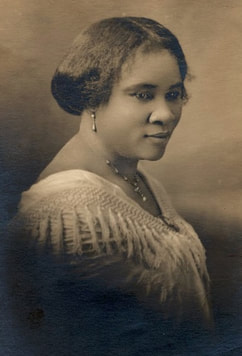
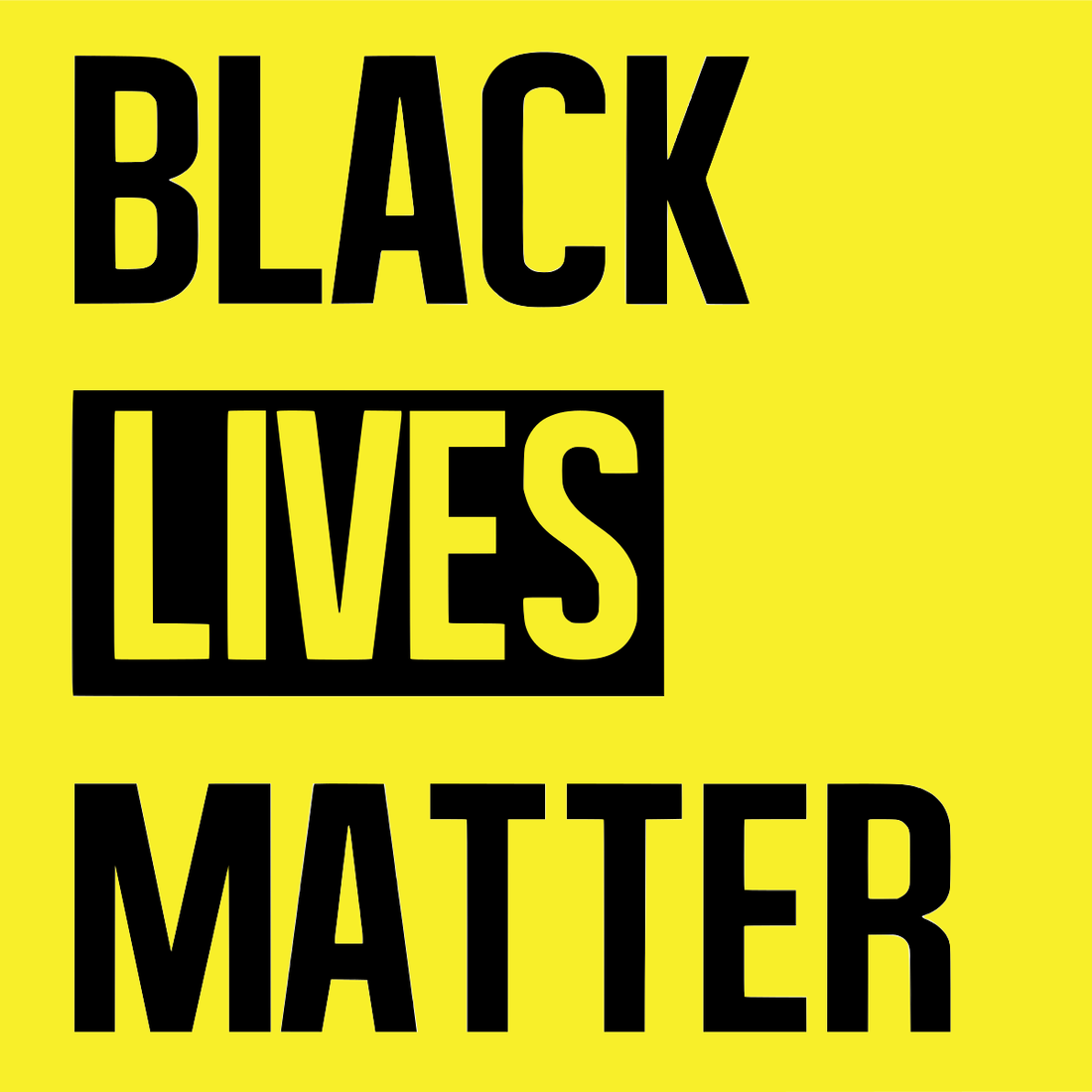
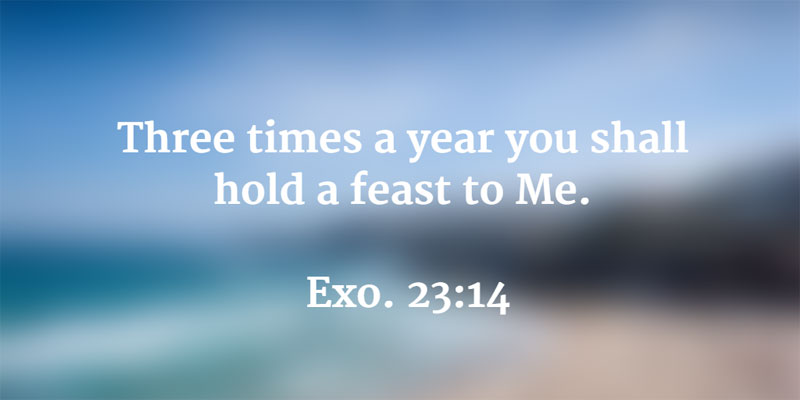
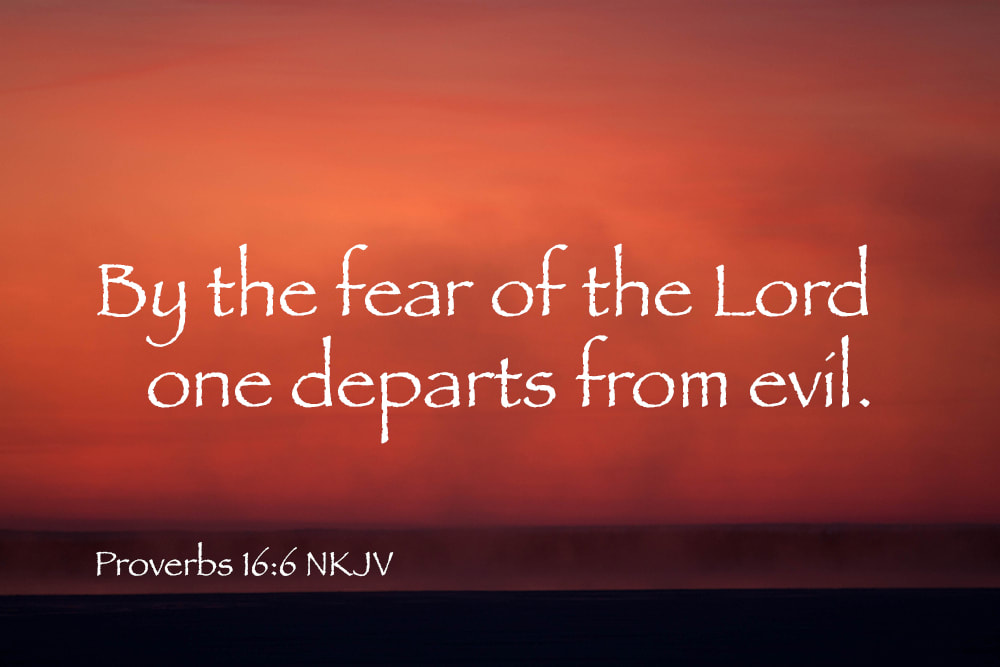
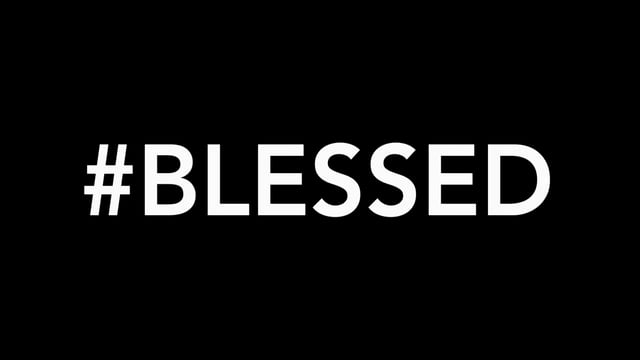
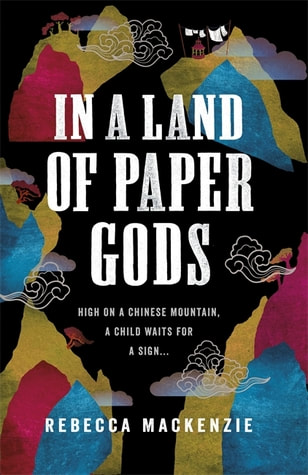
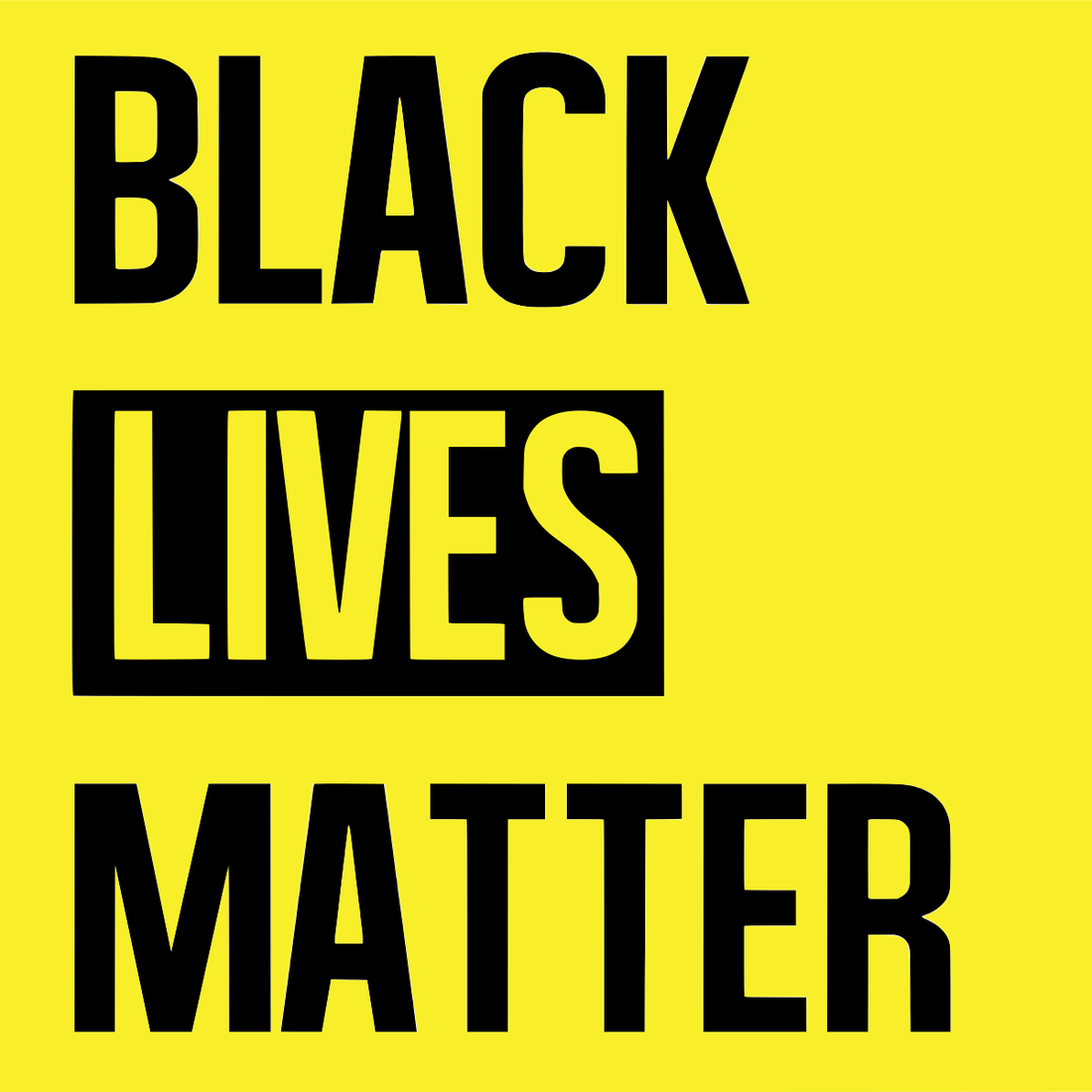
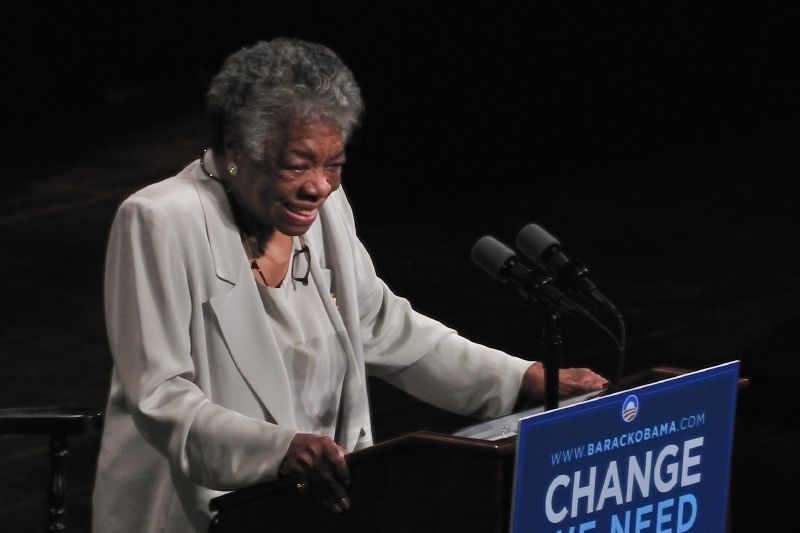
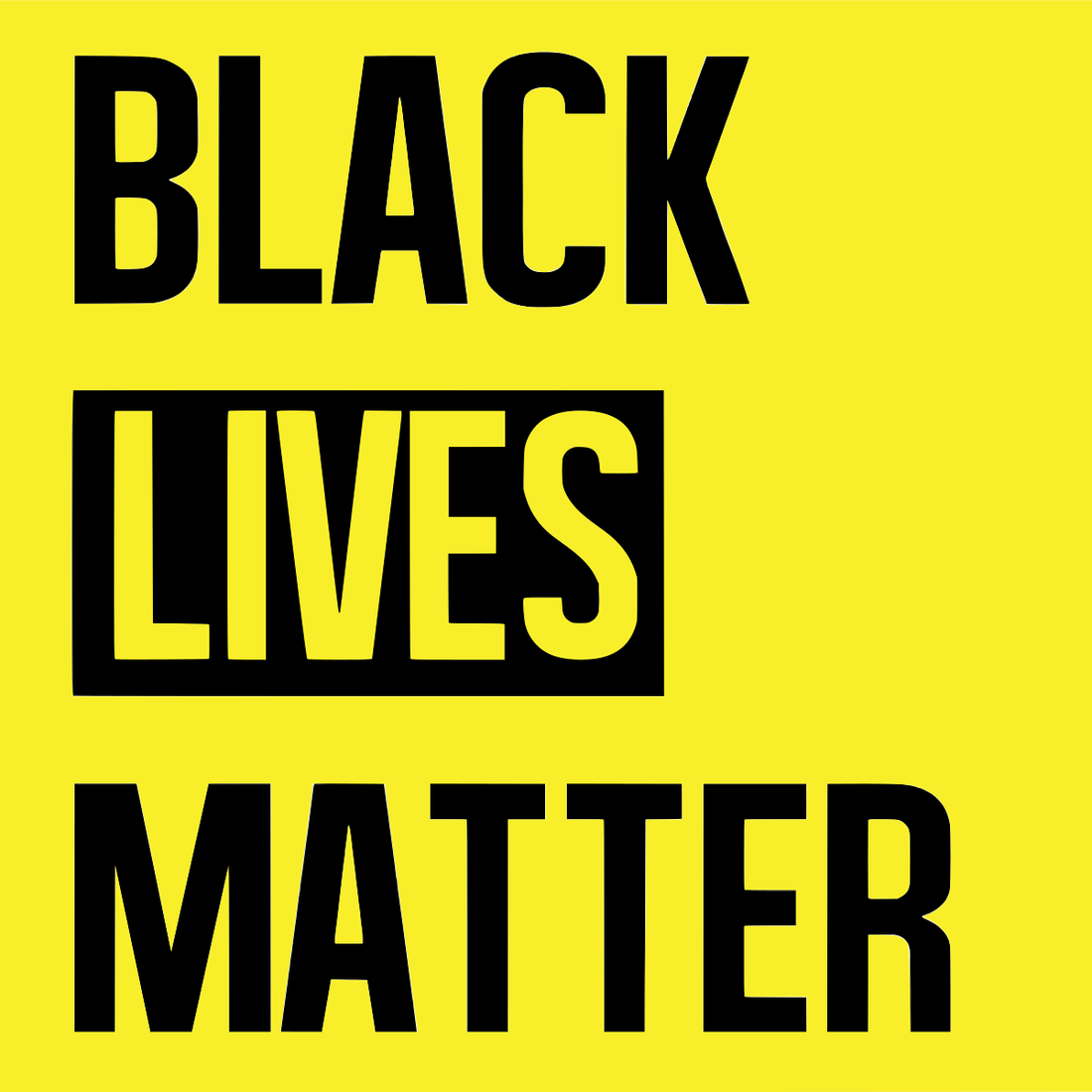
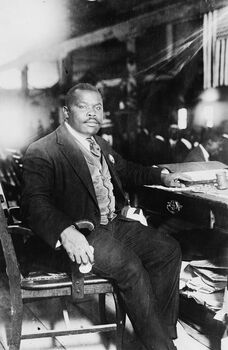
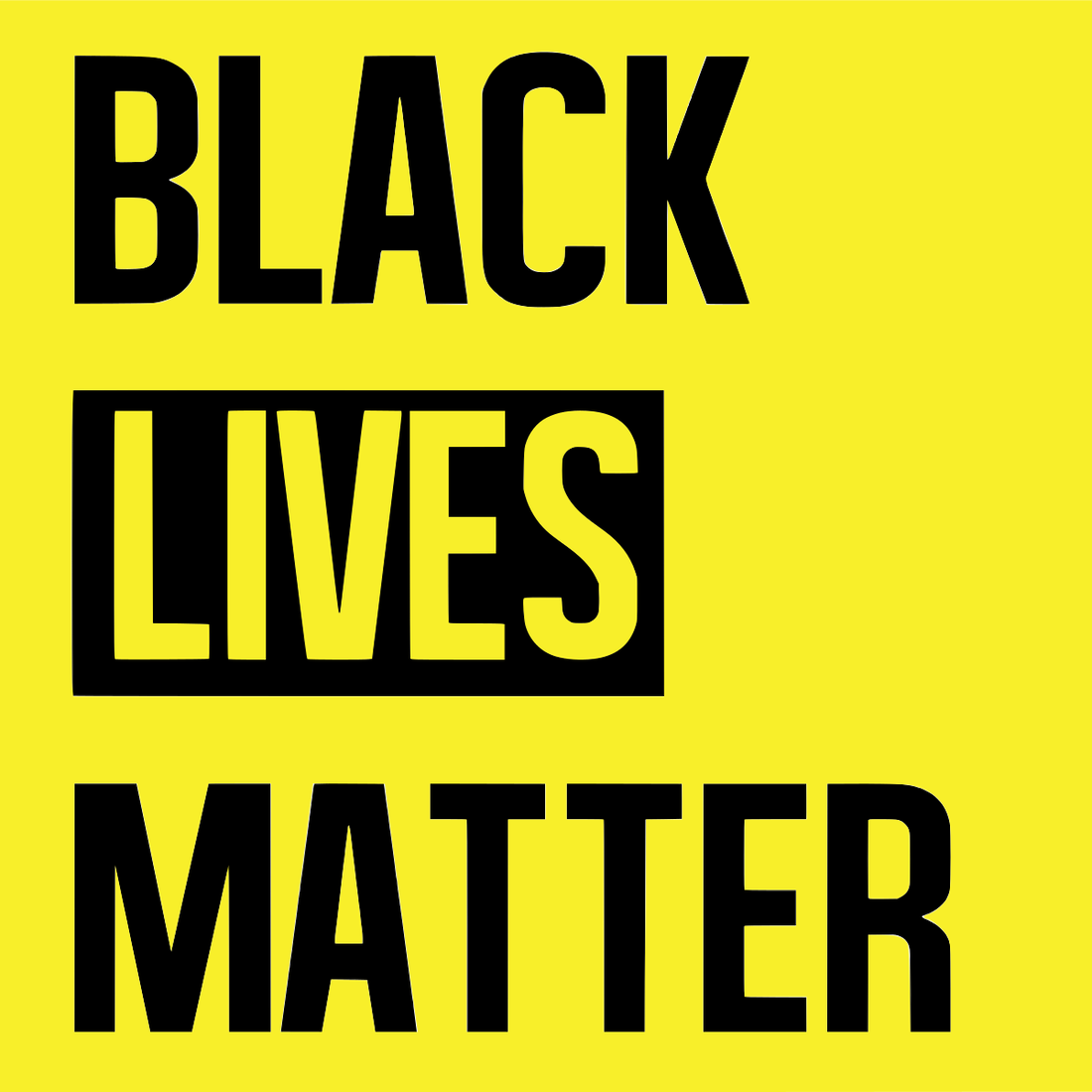
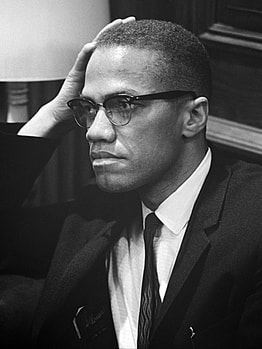
 RSS Feed
RSS Feed